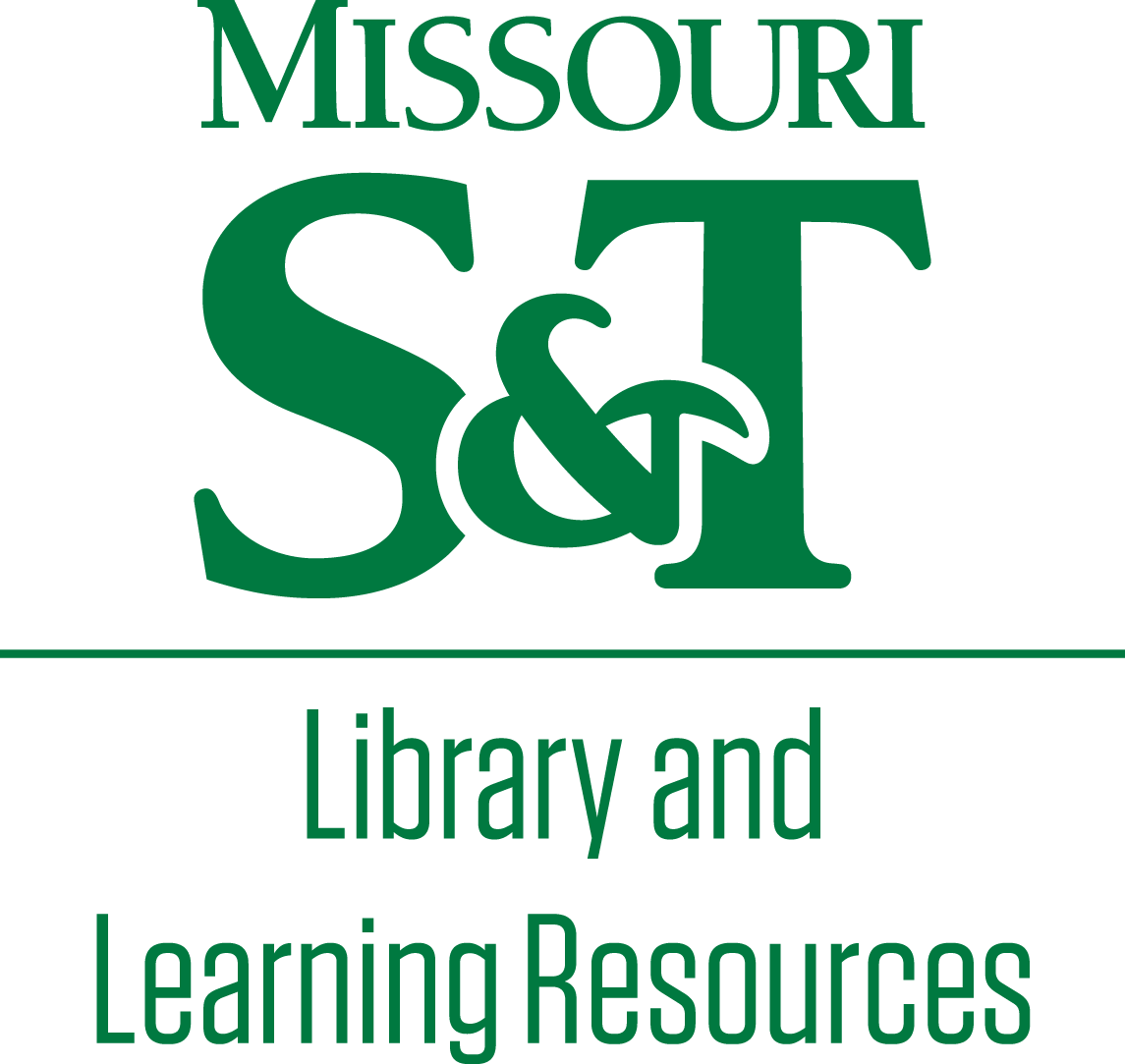The friends of Barbados; an analysis of Quakers living on the island of Barbados in the late 17th Century
Department
History and Political Science
Major
History
Research Advisor
Gragg, Larry Dale, 1950-
Advisor's Department
History and Political Science
Funding Source
UMR Opportunities for Undergraduate Research Experiences (OURE), UMR History Department
Abstract
In an analytical review of research into the nature of free white Quakers living on the island of Barbados in the late 1600s, the author interprets information provided by his advisor, Dr. Larry Gragg, and compares the results to the work of Richard S. Dunn, in order to arrive at a more accurate description of the people who made up this small group. Sources used include Dr. Gragg’s research of primary sources such as census records from 1680 and research done by Dunn for his book Sugar and Slaves (1972). The author supports the conclusion shared by Gragg and Dunn that the Quaker movement held universal appeal for the free white populous of Barbados, and that its members came from a diversity of backgrounds. The author adds that review of data from the 1680 census suggests that the Quakers were on average slightly better off than most free Barbadians.
Biography
James is a senior attending the University of Missouri--Rolla majoring in History. He is the son of Donald and Rebecca McDonald, and is originally from Jefferson City, Missouri.
Research Category
Humanities/Social Sciences
Presentation Type
Poster Presentation
Document Type
Poster
Award
Humanities/Social Sciences poster session, Third place
Presentation Date
12 Apr 2006, 1:00 pm
The friends of Barbados; an analysis of Quakers living on the island of Barbados in the late 17th Century
In an analytical review of research into the nature of free white Quakers living on the island of Barbados in the late 1600s, the author interprets information provided by his advisor, Dr. Larry Gragg, and compares the results to the work of Richard S. Dunn, in order to arrive at a more accurate description of the people who made up this small group. Sources used include Dr. Gragg’s research of primary sources such as census records from 1680 and research done by Dunn for his book Sugar and Slaves (1972). The author supports the conclusion shared by Gragg and Dunn that the Quaker movement held universal appeal for the free white populous of Barbados, and that its members came from a diversity of backgrounds. The author adds that review of data from the 1680 census suggests that the Quakers were on average slightly better off than most free Barbadians.


